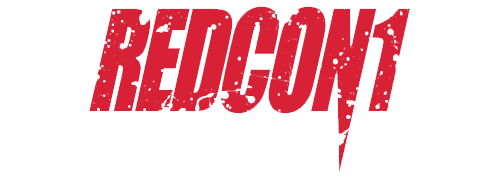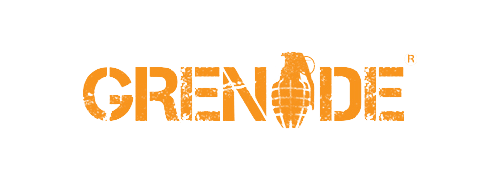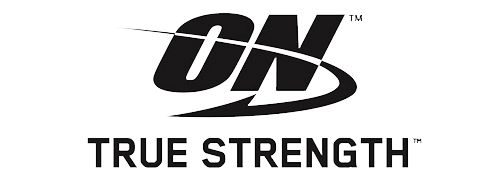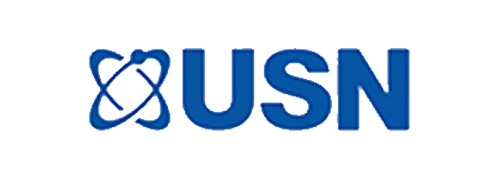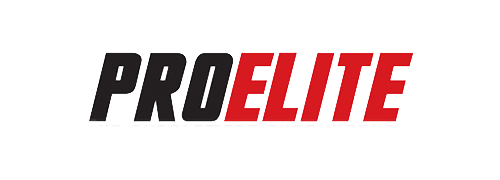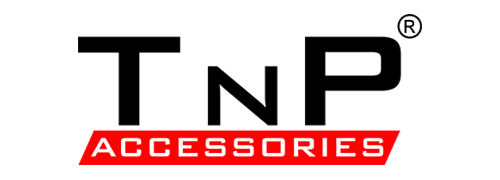
If you're into your fitness, muscle gain is the holy grail. However, packing on lean muscle isn’t just about hitting the gym hard - most people know this. It requires a carefully balanced diet to support your body’s efforts.
Creating an effective meal plan means considering the right mix of macronutrients, ensuring proper recovery with supplements, and maintaining a caloric surplus. This guide will take you through everything you need to know about building a diet for muscle growth, along with essential supplementation tips.
Understanding the Importance of Macronutrients
For anyone focused on building muscle, the right balance of macronutrients (protein, carbohydrates, and fats) is crucial:
1. Protein: The Building Block of Muscle
Protein is undeniably the cornerstone of any muscle-building diet. During resistance training, muscle fibres undergo tiny tears, and protein is required to repair and rebuild these muscles stronger. You should aim for 1.6 to 2.2 grams of protein per kilogram of body weight each day, depending on your training intensity and goals.
Best Protein Sources:
- Animal-Based: Chicken, turkey, lean beef, eggs, and fish (especially salmon for omega-3s).
- Plant-Based: Lentils, chickpeas, quinoa, tofu, and tempeh.
For those with busy lifestyles, incorporating protein powders like Scitec Nutrition 100% Whey Protein or Biotech USA Iso Whey Zero can help bridge the gap in protein intake. These high-quality sources deliver fast-digesting amino acids that are vital post-workout for muscle repair.
2. Carbohydrates: Fuel for Training and Recovery
Carbohydrates are your primary energy source, powering your workouts and facilitating recovery. While many associate carbs with weight gain, they play an integral role in muscle development by replenishing glycogen stores after exercise.
For muscle gain, aim for 3-5 grams of carbohydrates per kilogram of body weight. Focusing on complex carbohydrates like oats, brown rice, quinoa, and sweet potatoes helps to maintain energy levels without spiking blood sugar.
Athletes following low-carb diets (such as keto) should consider carb cycling—eating more carbs on intense training days to fuel workouts and promote muscle recovery.
3. Fats: Hormone Regulation and Muscle Maintenance
Dietary fats are critical for maintaining optimal hormone levels, particularly testosterone, which is essential for muscle growth. Aim for 20-35% of your daily caloric intake to come from healthy fats.
Sources of Healthy Fats:
- Avocados
- Olive oil
- Nuts and seeds
- Fatty fish (rich in omega-3)
Balancing fat intake is key to ensuring the body remains in an anabolic state, helping you to gain lean mass without gaining excess fat.
Caloric Surplus for Muscle Gain
One of the most fundamental aspects of muscle gain is consuming more calories than you burn—known as a caloric surplus. For effective muscle growth, aim for a daily surplus of around 250-500 calories, depending on your individual goals and metabolism.
You’ll need to monitor your progress carefully. Gain too fast, and you’ll end up storing excess fat; gain too slow, and you may not provide your muscles with enough fuel. Focus on steady, incremental gains to ensure that most of your weight gain is muscle, not fat.
Meal Timing for Optimal Muscle Growth
Not only do the right nutrients matter, but when you consume them is just as important. The goal is to provide your muscles with a constant supply of fuel and recovery aids:
- Pre-Workout Meals: A mix of protein and slow-digesting carbs (such as oats with protein powder) ensures sustained energy levels during your session.
- Post-Workout Nutrition: After training, focus on fast-digesting protein (like whey protein isolate) and carbohydrates to replenish glycogen and kickstart muscle recovery.
- Evening Meals: A slow-digesting protein like casein can help fuel your muscles overnight, promoting recovery and growth as you sleep.
This method of consistent protein intake every 3-4 hours ensures that your body remains in a muscle-building anabolic state throughout the day.
Dietary Approaches and Supplementation
1. Omnivorous Diets
For those consuming both animal and plant-based foods, achieving the necessary macronutrient intake is relatively straightforward. Meats, fish, eggs, and dairy provide complete proteins, and plant foods like legumes and quinoa round out your nutrient profile.
2. Plant-Based and Vegan Diets
Building muscle on a vegan diet requires more attention to protein quality. Combining different plant proteins (e.g., rice and peas) can provide a full amino acid profile. Supplementation is often necessary to meet the daily protein needs, with plant-based protein powders like Sci-MX Nutrition 100% Vegan Protein being a great option.
Moreover, vegans should consider supplements for B12, iron, and Omega-3 to support muscle function and energy levels.
3. Paleo and Keto Diets
Paleo followers rely on whole, unprocessed foods. While meats and fats are easily covered, carb intake needs to be balanced with training intensity. For keto enthusiasts, the emphasis is on fat for energy, with medium-chain triglycerides (MCT) and exogenous ketones often used to maintain energy during training.
Common Supplementation for Muscle Gain
For individuals seeking to maximise their muscle gain, supplements can offer significant benefits when whole foods fall short. Here are some essential supplements to consider:
- Protein Powders: Easy to digest and quickly absorbed, whey and plant-based proteins like pea protein support recovery and muscle repair.
- Creatine: Proven to increase strength and muscle mass, creatine is one of the most researched supplements in fitness.
- BCAAs: Branched-chain amino acids help reduce muscle soreness and enhance recovery, especially during intense training.
- Multivitamins and Omega-3s: These help fill any nutritional gaps, especially when training increases your nutrient needs.
Hydration and Recovery
Hydration is often overlooked but is essential for muscle repair, nutrient transport, and energy levels. For those training at high intensities, consider incorporating electrolyte supplements or drinks, particularly if you sweat heavily.
Putting it All Together: Example Meal Plan
Here’s an example of how your meals might look on a muscle-gain focused diet:
- Breakfast: Scrambled eggs with spinach and avocado, whole grain toast, and a whey protein shake.
- Lunch: Grilled chicken breast, quinoa, and roasted vegetables.
- Pre-Workout Snack: Greek yoghurt with berries and almonds.
- Post-Workout: Whey protein shake with a banana.
- Dinner: Salmon with sweet potato and a side salad dressed in olive oil.
- Before Bed: Casein protein shake or cottage cheese with a handful of nuts.
Conclusion
A balanced diet for muscle gain must account for macronutrient balance, caloric surplus, and meal timing to promote optimal muscle growth. Combining whole foods with supplementation helps meet the demands of a busy lifestyle, ensuring the body has everything it needs to repair and build muscle effectively.
Remember, every individual's dietary needs vary based on training intensity, goals, and lifestyle. It's essential to tailor your diet accordingly and, where needed, consult a nutritionist or dietitian to optimise your muscle-building journey.


